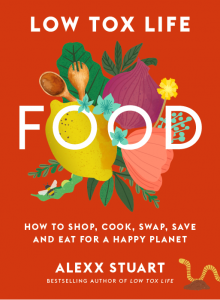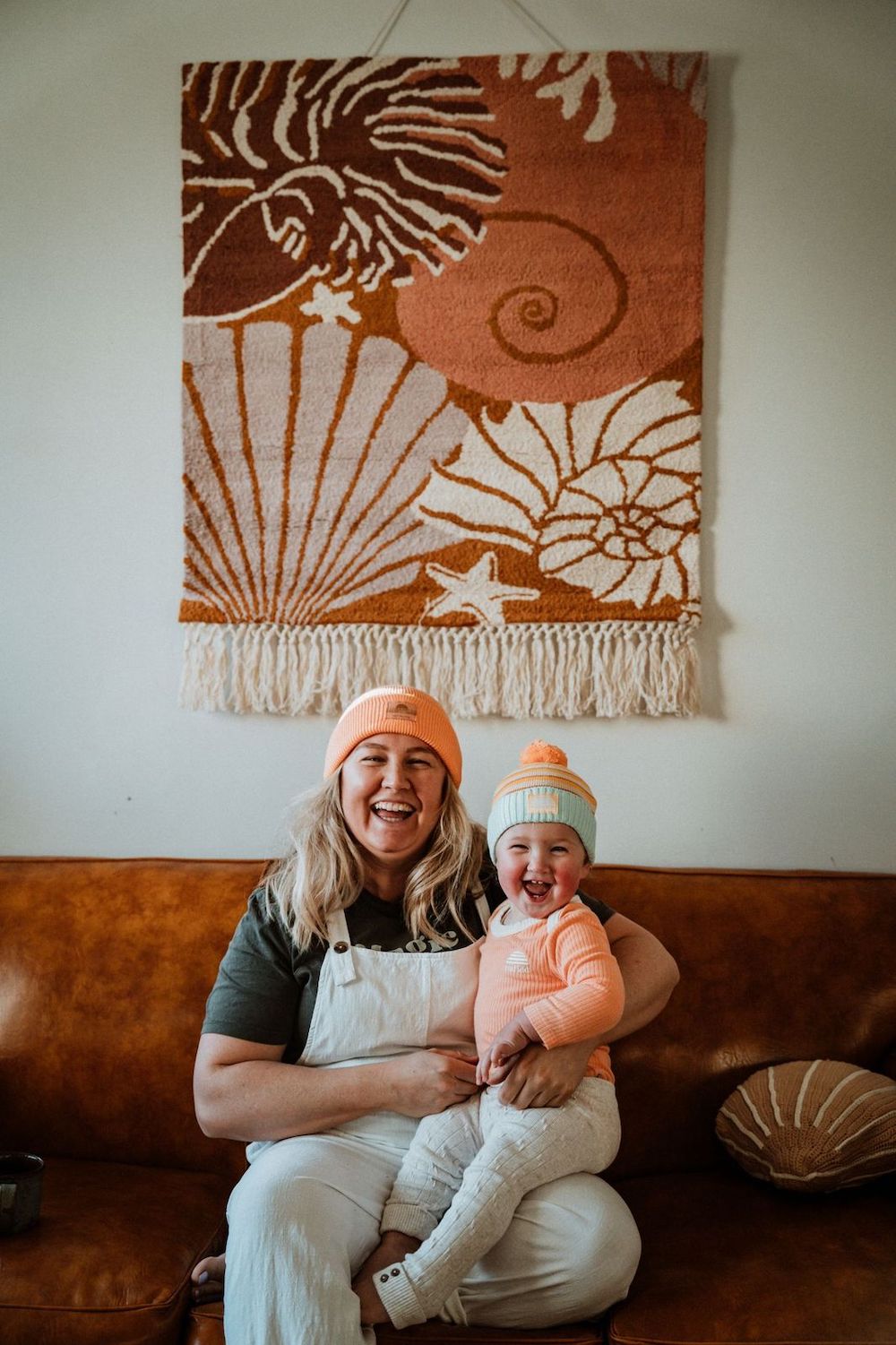Towards Plastic Free Part 1 - Natural Fibre Versus Polyester

Your consumer choices:
Whilst all fibres have their issues in terms of farming, production, water and energy consumption we can always aim to make a most sustainable choice available to us.
Invest and Use it!
The VERY BEST choice we can make is to wear and use our clothing and textiles for as long as possible. All pieces should be like your favourite dress that you "Wear to death!” Invest in items you love rather something that will be thrown away after a season.
Pass it on and/or buy 2nd hand
Lets face it - Baby Items in particular have a short life span (they grow so damn fast!) so where possible borrow hand me downs and pass on the pieces you love to a friend or family member after your bub has outgrown them. Kids love hand me downs!
Choose natural fibres first:
The NEXT BEST choice we can make is to use natural fibres where possible. Natural Fibres generally take less energy to produce and a lot less time to decompose after they are disposed of…..like in the example of cotton (weeks) versus polyester (centuries!)
Why Polyester is problematic:
In light of this month being plastic free July, Lets share some information on one of the textile and fashion industries most problematic fibres: POLYESTER. Polyester is the worlds most commonly used fibre. Whilst it can be very useful in certain products it also hosts array of environmental issues.

- ENERGY: polyester is derived from crude oil and the energy required to produce it (125 MJ of energy per kilogram produced) and the greenhouse gas emitted (14.2 kg of CO 2 per kilogram produced) make it one of the biggest polluters.
- RECYCLING ISSUES: Even the promising recycled polyester is not without its issues. Each time plastic is reheated for recycling it degrades, so it cannot be recycled indefinitely. Currently only a tiny percentage of polyester textiles are made from recycled fibres - The majority of these are rPET (made from recycled plastic bottles and not recycled polyester fabrics). There are some items where polyester is required as a fabric – in this case we recommend hunting down recycled options.
- MICRO PLASTICS: Then there is the concerning issue of micro plastics leaked into waterways from washing. A study conducted for Patagonia estimated that for every 100,000 people, up to 110kg of microfibres would be released into local waterways daily – equivalent to the pollution caused by approximately 15,000 plastic bags.......WHaaaaaaa?! Make sure you use a washing bag to prevent this!
- NON BIODEGRADABLE: To top it all off we have issues of disposal. Polyesters, nylons and acrylics can take decades if not centuries to break down in landfill. Where as a natural fibre like cotton can take as little as two weeks! Boom mother nature!
Worldwide usage of fibres

Banabae’s fibres

Banabae makes every effort to use natural or recycled fibres in the majority of our products. We only use polyester based fabrics in econaps reusable swim nappies and in our woven labels ( we are in the process of changing!). Organic cotton, non organic cotton, hemp and viscose derived from bamboo make up the majority of fibres used in our apparel and homewares.
One of the fibres we are particularly proud of is the use of HEMP in our bedding.
Hemp has been used for centuries but this nifty plant is ready for its moment in the spotlight (or should we say sunlight?)
Delightful facts about hemp
1. Hemp grows easily with little water.
2. It requires little or no chemical fertilisers and pesticides.
3. It has a high yield (by that we mean it uses only HALF of the land it takes to produce the same amount of cotton!)
4. It also blocks out weeds as it grows and can improve the soil, making it a good ‘break crop’ for farmers.
5. Hemp is said to be six times as strong as cotton, far more weather-resistant, and more lustrous and absorbent…..its just a delight to wear and to sleep on frankly…..and that’s why we love it!

Where can Banabae improve:
Whilst we are super proud of our fabric offerings so far there is much work to be done. Currently just over 50% of our cotton garments and homewares are GOTS certified organic… in time we hope to make that 100%
We also hope to increase the use of hemp fibre across the range and introduce recycled cotton to our apparel as a new sustainable option.
Lastly we are currently overhauling the use of polyester blend yarns in the labelling of our apparel and homewares and updating this to cotton canvas. You will see this rolling out over the next year.

Stay tuned to our next instalment of ‘Towards Plastic free’ where we talk all things packaging - how we aim to cut out plastics on our products packaging and delivery.



